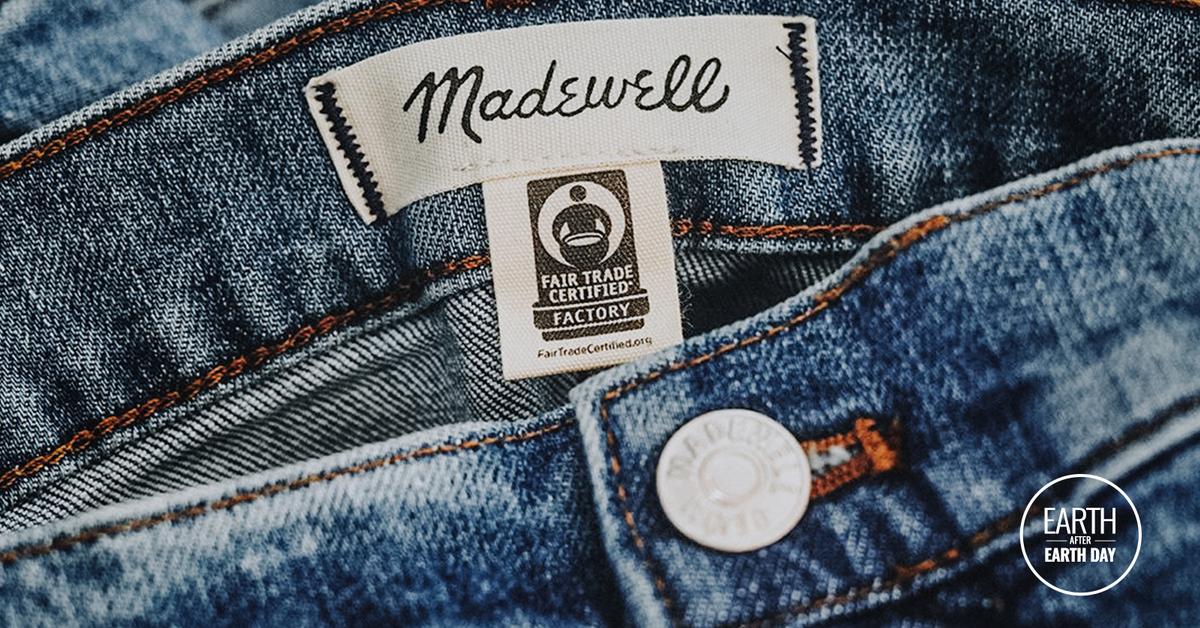
Navigating the Green Path: Sustainable Manufacturing Certifications
Sustainable manufacturing has become a paramount concern for industries aiming to minimize their environmental footprint and contribute to a more eco-friendly future. In this pursuit, many companies are turning to sustainable manufacturing certifications as a tangible demonstration of their commitment to environmental responsibility.
1. Understanding Sustainable Manufacturing Certifications
Sustainable manufacturing certifications are credentials awarded to companies that adhere to specific environmental standards and practices in their production processes. These certifications go beyond mere claims of sustainability, offering a transparent and measurable way for companies to showcase their dedication to eco-conscious practices.
2. LEED Certification: Leading the Way in Green Buildings
Leadership in Energy and Environmental Design (LEED) certification, although commonly associated with buildings, has also made its mark in manufacturing. LEED evaluates various aspects of sustainability, including energy efficiency, waste reduction, and the use of environmentally friendly materials. Manufacturers with LEED certification are recognized for their comprehensive commitment to green practices.
3. ISO 14001: An International Standard for Environmental Management
The ISO 14001 certification sets a global standard for environmental management systems. Manufacturers with ISO 14001 certification demonstrate their commitment to minimizing their environmental impact, complying with regulations, and continually improving their environmental performance. This certification is a versatile acknowledgment of a company’s dedication to sustainable practices.
4. Cradle to Cradle Certification: Closing the Loop
Cradle to Cradle (C2C) certification focuses on the entire life cycle of a product. It evaluates factors such as material health, recyclability, and social responsibility. Manufacturers with C2C certification are recognized for their efforts in creating products that not only minimize environmental impact during production but also contribute to a circular economy.
5. Energy Star Certification: Efficiency in Energy Consumption
Energy Star certification, commonly associated with consumer products, is also applicable to manufacturing facilities. This certification signifies energy efficiency, encouraging manufacturers to adopt practices that reduce energy consumption and lower greenhouse gas emissions. Energy Star certification aligns with global efforts to combat climate change through sustainable manufacturing.
6. Fair Trade Certification: Promoting Social Responsibility
While not exclusive to manufacturing, Fair Trade certification is relevant for companies committed to social responsibility in their supply chains. Fair Trade ensures fair wages and ethical working conditions for employees. Manufacturers with Fair Trade certification contribute to sustainable manufacturing by prioritizing social equity in their operations.
7. Green Seal Certification: Recognizing Sustainable Products
Green Seal certification focuses on the sustainability of products and services. Manufacturers seeking this certification undergo rigorous evaluations of their products’ environmental impact. From raw material sourcing to production processes, Green Seal certification assures consumers that a product meets stringent environmental standards.
8. SA8000: Prioritizing Social Accountability
SA8000 is a certification standard that emphasizes social accountability. Although not exclusive to manufacturing, it ensures that companies adhere to ethical labor practices, promoting fair wages and safe working conditions. Manufacturers with SA8000 certification showcase their commitment to both ethical manufacturing and sustainable business practices.
9. Forest Stewardship Council (FSC): Sustainable Wood Sourcing
For manufacturers utilizing wood in their products, FSC certification is crucial. This certification ensures that wood is sourced from responsibly managed forests, promoting biodiversity conservation and sustainable forestry practices. FSC-certified manufacturers contribute to the preservation of natural resources.
10. Benefits of Embracing Sustainable Manufacturing Certifications
Embracing sustainable manufacturing certifications offers multifaceted benefits. Beyond the positive environmental impact, certified manufacturers often experience enhanced brand reputation, increased consumer trust, and improved operational efficiency. These certifications not only align with global sustainability goals but also position companies as leaders in responsible and ethical manufacturing.
To delve deeper into the world of sustainable manufacturing certifications, visit Sustainable Manufacturing Certifications. Explore how these certifications are shaping the landscape of eco-friendly and socially responsible manufacturing practices.
